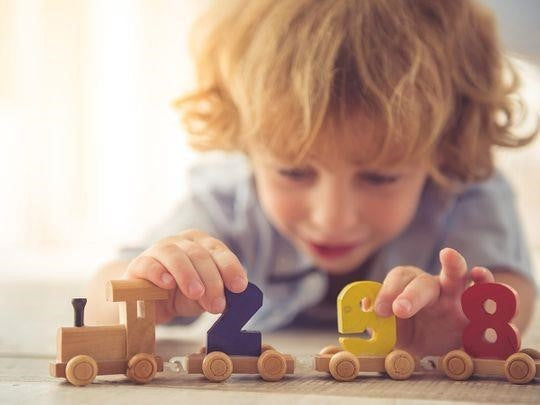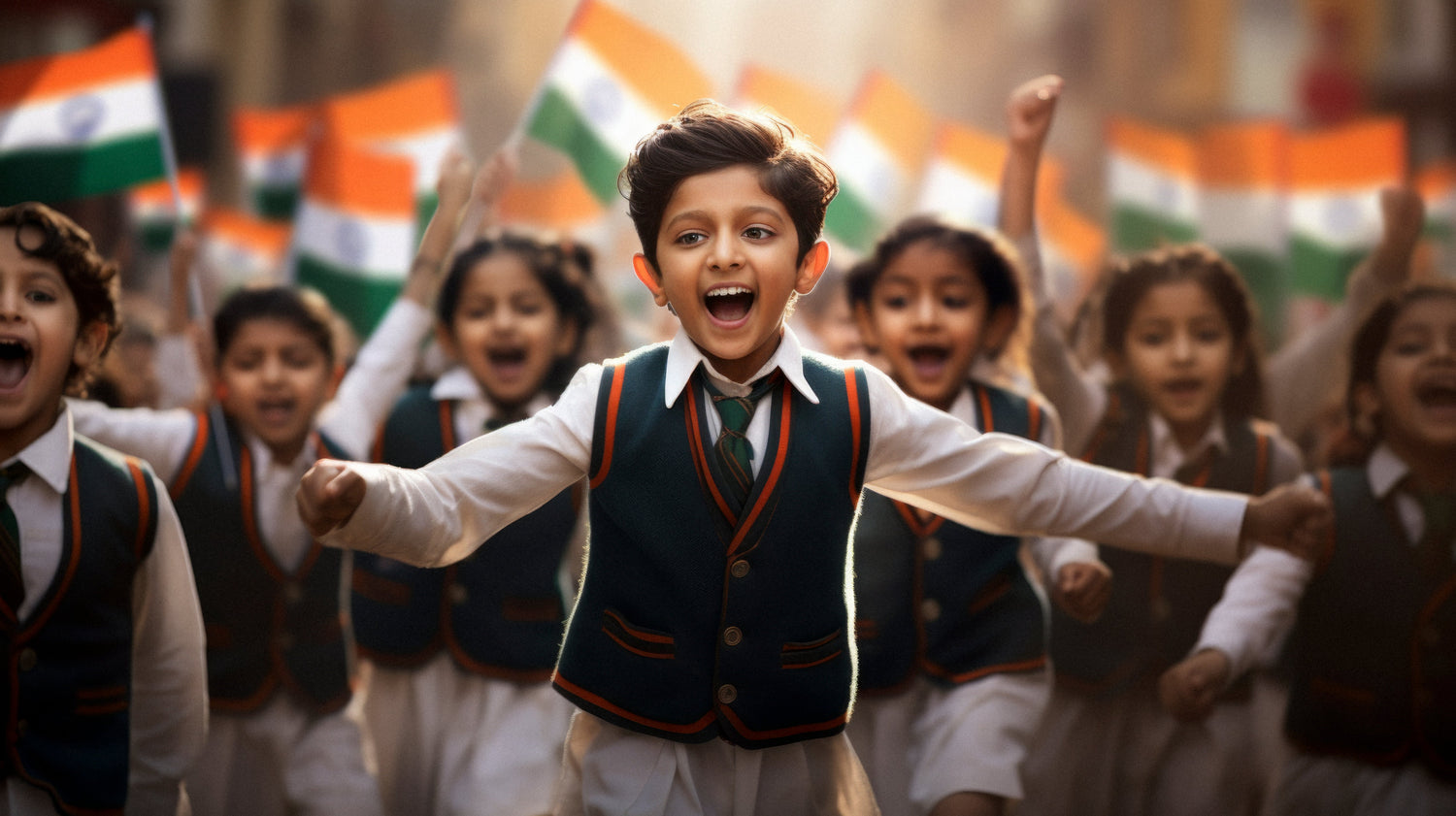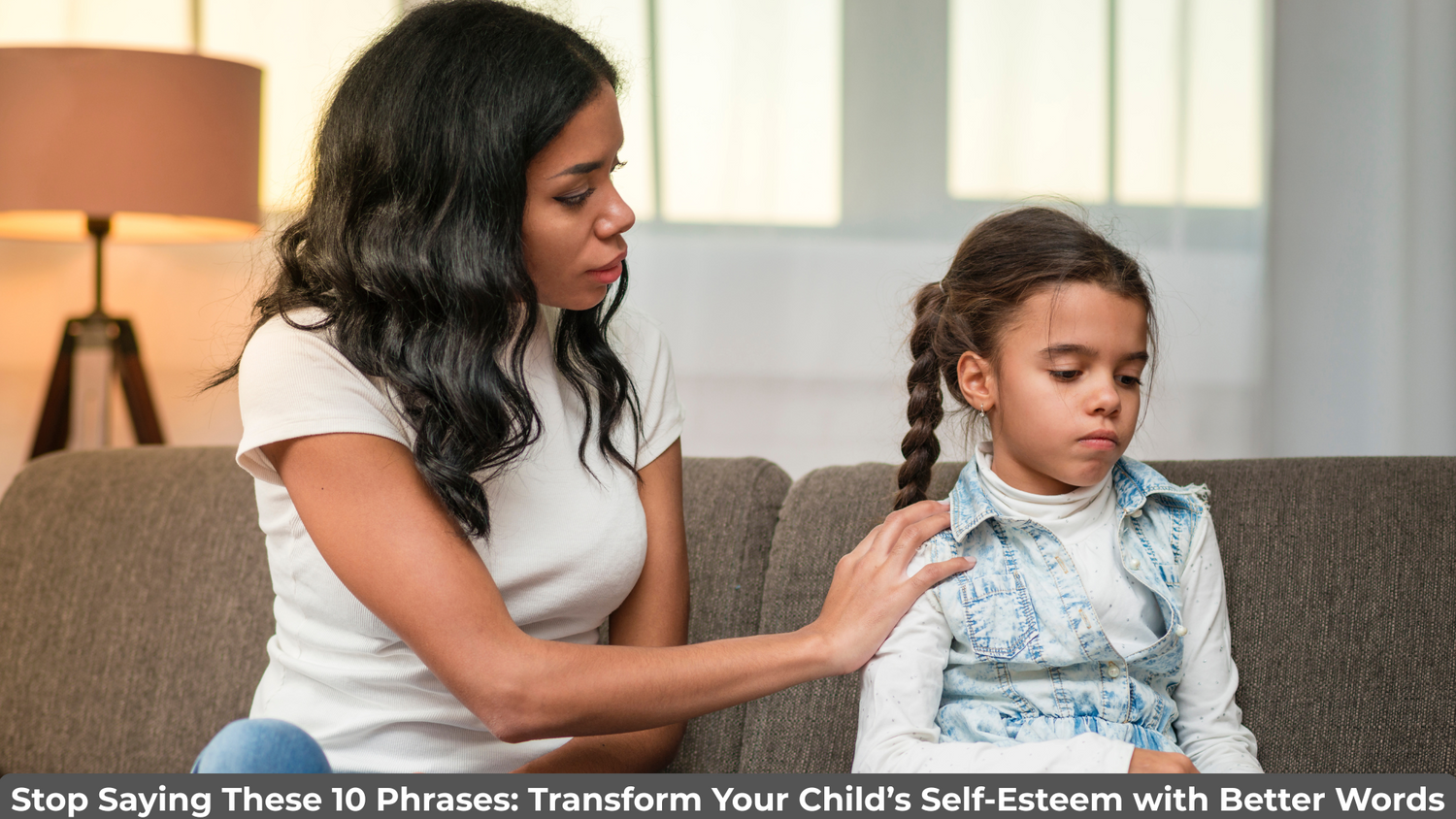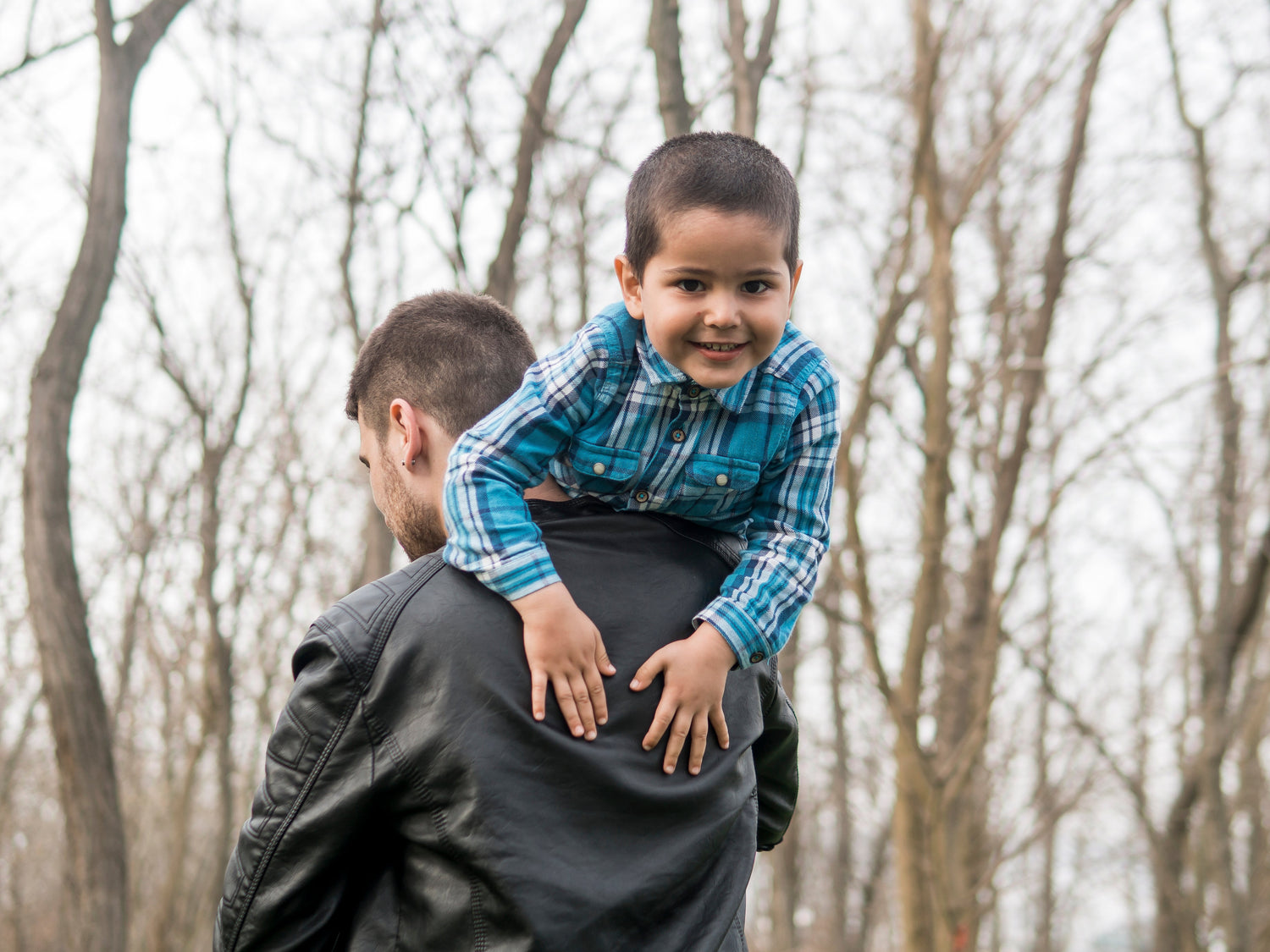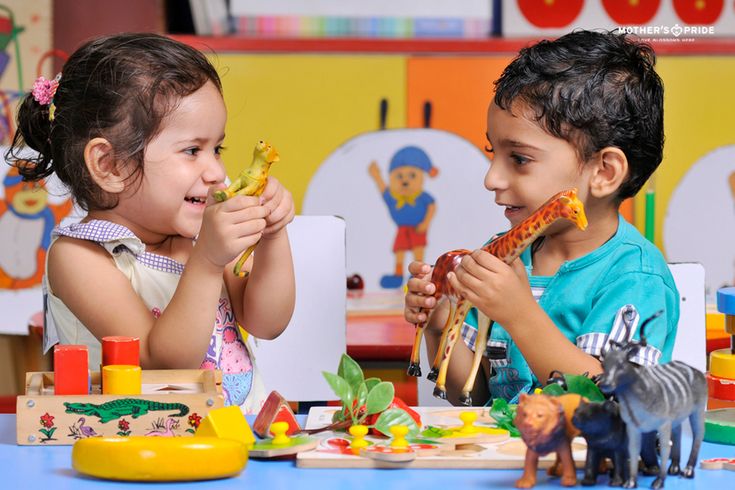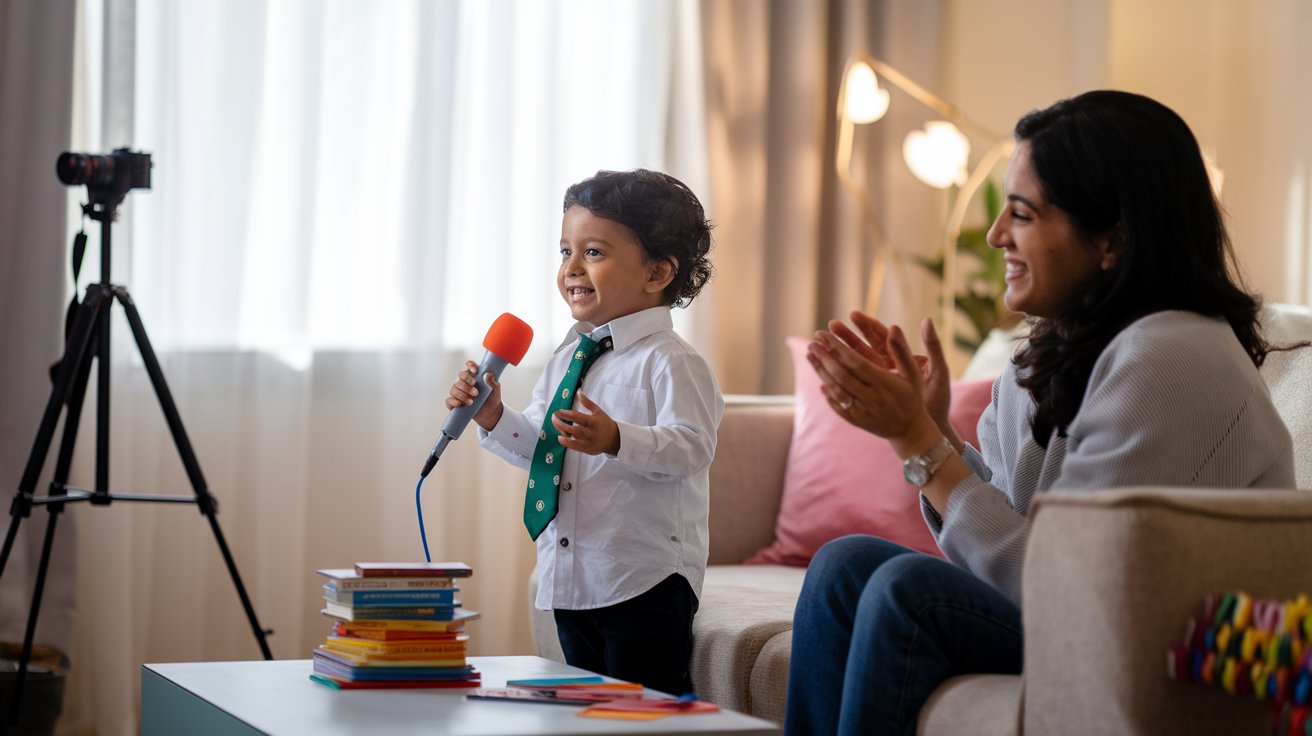Ever noticed how today’s toys quickly become yesterday’s clutter? Many are made from cheap plastics that break easily and contribute to endless waste. In contrast, wooden toys offer a lasting charm and durability that have made them cherished for thousands of years. Discover why these timeless treasures might be the perfect addition to your child's playtime.
Wooden toys have been cherished by generations, tracing their origins back to ancient civilizations. In Egypt, Greece, and Rome, children played with wooden figures, demonstrating the enduring appeal of these natural toys. Over centuries, wooden toys have evolved but have retained their simplicity and charm. From handcrafted dolls in the 18th century to the classic wooden blocks of the 20th century, these toys have been a staple in childhood play across the globe.
Did you know? The earliest known wooden toy is a carved horse on wheels found in Greece, dating back to 950 BCE.
Why Wooden Toys Are Important for Child Development :
Sensory Stimulation:
The natural feel of wood provides a different sensory experience compared to plastic. This can help children develop their sense of touch and fine motor skills. Additionally, Wooden toys often produce a pleasing, gentle sound when played with, which can be soothing and help with auditory development.
Promoting Creativity and Imagination :
Wooden toys, with their simplicity, encourage children to use their imagination. Unlike electronic toys that often dictate how to play, wooden toys allow children to invent their own stories and scenarios, fostering creativity and problem-solving skills. When children play with wooden blocks, they can build anything from castles to rocket ships. This open-ended play helps them think creatively and come up with new ideas, which is essential for brain development. Children have to create their own play narratives without any flashing lights or sounds, sparking up their imaginations.
Enhancing Motor Skills :
The tactile nature of wooden toys helps improve fine motor skills and hand-eye coordination. Activities such as stacking blocks or fitting shapes into slots require precision and control, which are crucial for a child’s motor development. Picking up and placing wooden blocks or puzzles requires children to use their fingers and hands in precise ways. This helps them develop fine motor skills, which are necessary for everyday activities like writing, buttoning clothes, or tying shoelaces. Wooden toys provide a hands-on learning experience that electronic toys often can't. Myth vs. Fact: Some parents believe that only high-tech toys can aid in developing motor skills. In reality, the simplicity of wooden toys often makes them more effective for this purpose because they require children to engage more actively.
Supporting Cognitive Development :
Many wooden toys are designed to challenge a child’s cognitive abilities. Puzzles, for instance, help children recognize shapes, and patterns, and improve memory. Sorting games teach children about sizes, colors, and spatial relationships, enhancing their cognitive skills. When children play with wooden puzzles, they learn to match shapes and patterns, which improves their problem-solving skills and memory. These activities are crucial for c0ognitive development and prepare children for more complex learning later on. Did you know? Studies have shown that children playing with wooden puzzles develop better spatial awareness and problem-solving skills compared to those playing with electronic gadgets.
Encouraging Social Interaction :
Wooden toys often encourage collaborative play. Whether it’s building a structure together or playing a game, these toys promote sharing, communication, and teamwork, which are essential social skills. Playing with wooden toys can be a social activity. Children often work together to build towers or solve puzzles, which teaches them to cooperate and communicate effectively. These interactions help children learn how to share, take turns, and work as a team, which are important skills for their social development.
.
Why Wooden Toys Are Better Than Plastic Ones :
Durability and Longevity :
Wooden toys are known for their durability. Unlike plastic toys, which can break easily, wooden toys can withstand rough play and last for years. This durability means they can be passed down through generations, making them a sustainable choice. While plastic toys can crack or become damaged, wooden toys can withstand being dropped or thrown. This means they can be enjoyed by multiple children over the years, making them a great investment. Instead of constantly replacing broken toys, parents can rely on the durability of wooden toys.
Safety and Non-Toxicity :
Many plastic toys contain harmful chemicals like phthalates or BPA, which can be dangerous if ingested. On the other hand, Wooden toys are typically made from natural materials and are free from harmful chemicals. They are often finished with non-toxic paints and oils, making them a safer option for young children who are prone to putting toys in their mouths. Myth vs. Fact: Many parents think that plastic toys are safer because they are softer. In fact, wooden toys, especially those with rounded edges, are often safer as they do not contain harmful chemicals like phthalates or BPA.
Environmental Impact :
Plastic toys contribute to environmental pollution as they are not biodegradable and can take hundreds of years to decompose. However, Wooden toys are more environmentally friendly than their plastic counterparts. They are biodegradable and can be recycled, reducing the environmental footprint. Moreover, many wooden toys are made from sustainably sourced wood, supporting responsible forestry practices.
Aesthetic and Sensory Appeal :
Wooden toys have a timeless beauty that plastic toys often lack. The natural texture and warmth of wooden toys provide a unique sensory experience for children. The smooth surfaces and organic shapes are not only pleasing to touch but also visually appealing, adding a touch of natural beauty to any playroom.
Aesthetic and Sensory Appeal :
Wooden toys have a timeless beauty that plastic toys often lack. The natural texture and warmth of wooden toys provide a unique sensory experience for children. The smooth surfaces and organic shapes are not only pleasing to touch but also visually appealing, adding a touch of natural beauty to any playroom.
Why Parents Should Choose Wooden Toys :
Investment in Quality :
Although wooden toys may seem more expensive initially, their durability means they don't need to be replaced as often as plastic toys. This makes them a smart investment. Over time, the cost of repeatedly buying plastic toys that break can exceed the initial investment in high-quality wooden toys.
Did you know? The cost of replacing broken plastic toys can add up over time, making wooden toys a more economical choice in the long run.
Educational Value :
Wooden toys like abacuses or building blocks help children learn basic math concepts such as counting and geometry. Balance toys teach principles of physics like gravity and balance. These toys make learning fun and interactive, helping children grasp educational concepts more naturally and effectively. Myth vs. Fact: It's a common misconception that only modern, tech-driven toys are educational. Wooden toys have been proven to support various learning milestones effectively.
Encouraging Sustainable Choices :
By choosing wooden toys, parents can teach their children about the importance of sustainability and caring for the environment. This early lesson in environmental responsibility can help children develop a lifelong habit of making eco-friendly choices.
Conclusion
Wooden toys are more than just playthings; they are tools for learning, creativity, and development. Their rich history, combined with their benefits for children’s growth and the environment, makes them an excellent choice for parents. By opting for wooden toys, parents can provide their children with safe, durable, and educational toys that foster a love for natural, sustainable play. Ready to make a meaningful change in your child’s playtime? Explore our collection of timeless wooden toys and invest in a future of lasting fun and development.


